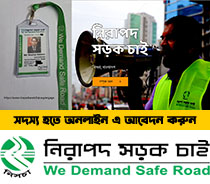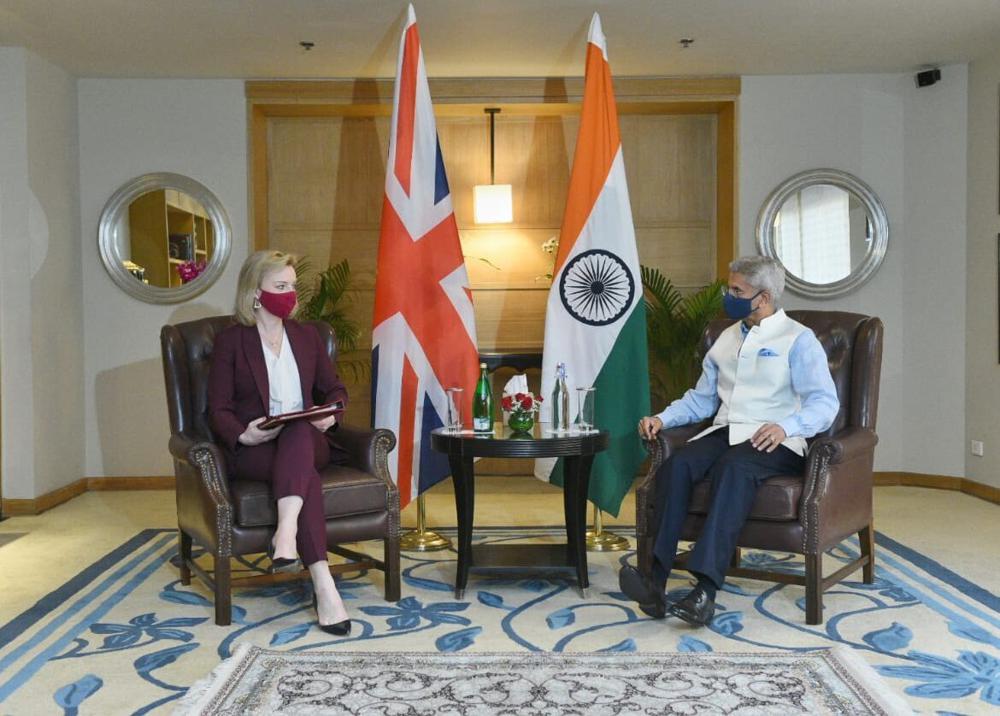The foreign ministers of Britain and Russia are visiting India as Prime Minister Narendra Modi seeks to maintain ties with both Moscow and Western nations despite the worsening Ukraine war and humanitarian crisis.
British Foreign Secretary Liz Truss met with her Indian counterpart, Subrahmanyam Jaishankar, on Thursday and discussed ways to strengthen defense ties, apparently to reduce India’s strategic dependence on Russia, officials said.
Western countries are disappointed at India’s reluctance to condemn Russia’s invasion of Ukraine. India, which is locked in a two-year border standoff with China, is largely dependent on Russia for military supplies.
Before leaving for New Delhi, Truss in a statement underlined the need “for free democracies to work closer together in areas like defense, trade and cybersecurity in the context of Russia’s unprovoked invasion of Ukraine.”
In January, India and Britain launched talks on a free trade deal that is expected to double their current $50 billion bilateral trade by 2030.
“Working together to realize Roadmap 2030,” Jaishankar tweeted after receiving Truss.
On Wednesday, U.S. Secretary of State Antony Blinken spoke with Jaishankar by telephone and discussed the worsening humanitarian situation in Ukraine. They also discussed the two nations’ efforts to promote a free, open, secure, and prosperous Indo-Pacific, U.S. spokesperson Ned Price said.
Truss and Jaishankar met hours before the arrival in New Delhi of Russian Foreign Minister Sergei Lavrov, who is to hold talks with Jaishankar on Friday in an attempt to prevent India’s military and trade ties with Russia from becoming a victim of the Ukraine crisis.
Earlier this month, India hosted Japanese Prime Minister Fumio Kishida and Chinese Foreign Minister Wang Yi.
U.S. Deputy National Security Adviser for International Economics Daleep Singh visited New Delhi this week to discuss deeper cooperation to promote economic growth and a free and open Indo-Pacific, the U.S. Embassy said.



